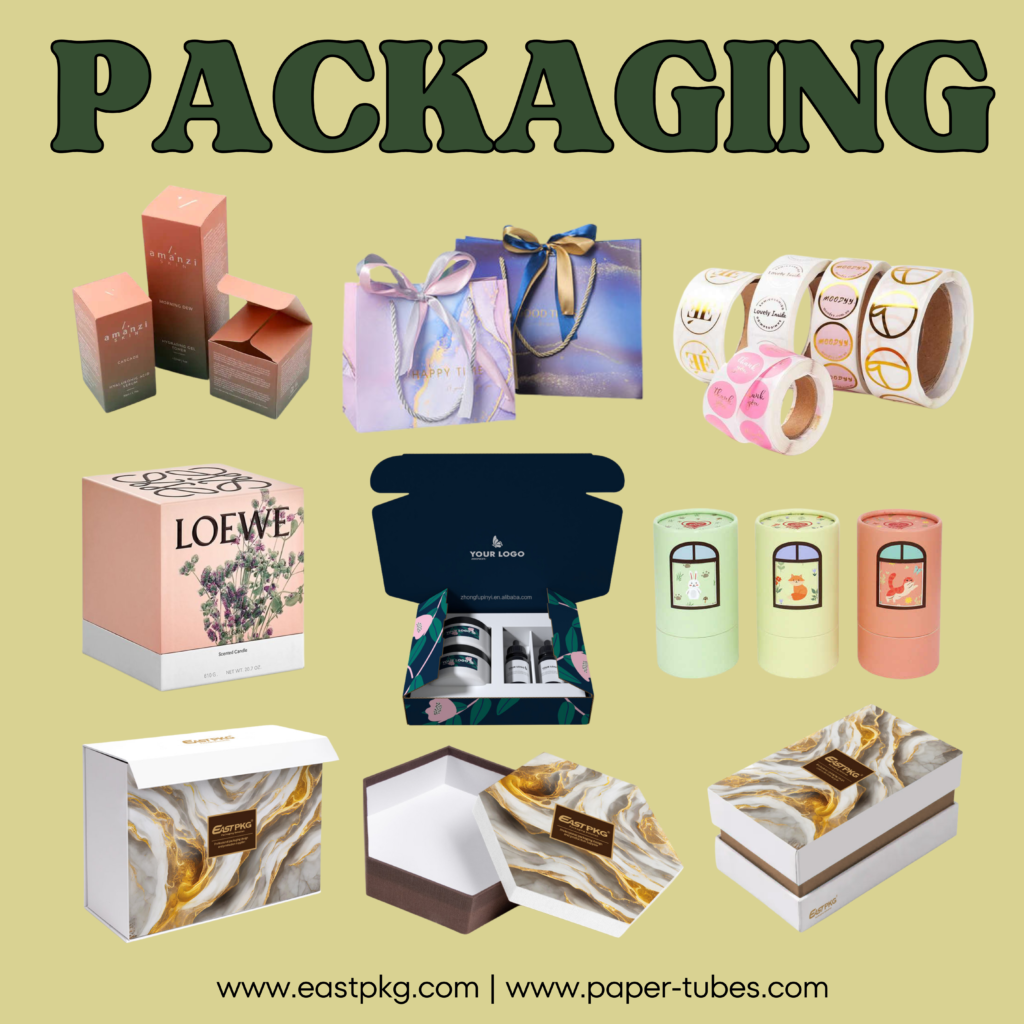As global attention to environmental issues continues to intensify, the choice of packaging materials has become one of the focuses of attention. Traditional plastic packaging has put tremendous pressure on the environment, so many companies and consumers have begun to turn to sustainable packaging solutions. Sustainable packaging involves not only the choice of materials, but also various links such as production, use, transportation and disposal.
This article will explore the environmental impact of sustainable packaging in detail, especially the performance of paper boxes, and analyze the environmental protection characteristics of paper boxes and their application in the market in combination with Google’s popular search keywords.

What is sustainable packaging?
Sustainable packaging refers to packaging solutions that have the least impact on the environment throughout the life cycle. It covers every link from the selection of raw materials, production process, transportation, use to final disposal. The core goal of sustainable packaging is to reduce the consumption of natural resources, reduce carbon emissions, reduce waste generation, and increase the recycling rate of resources. Its main features include the use of renewable or recyclable materials, optimization of production processes, and reduction of transportation carbon footprint.
Main features of sustainable packaging
- Resource conservation: Choose renewable, low resource consumption or high recycling rate materials, such as recycled pulp or plant-based materials.
- Low carbon footprint: Reduce carbon dioxide emissions during production and transportation by adopting energy-saving production processes and optimizing transportation methods.
- Recyclability and biodegradability: Ensure that packaging materials can be effectively recycled or naturally degraded to reduce pressure on landfills.
- Safety: Use materials that are harmless to consumers and the environment and avoid the use of harmful chemicals.
Environmental impact of cartons
As a widely used packaging material, the environmental impact of cartons is particularly important during production, use and disposal.
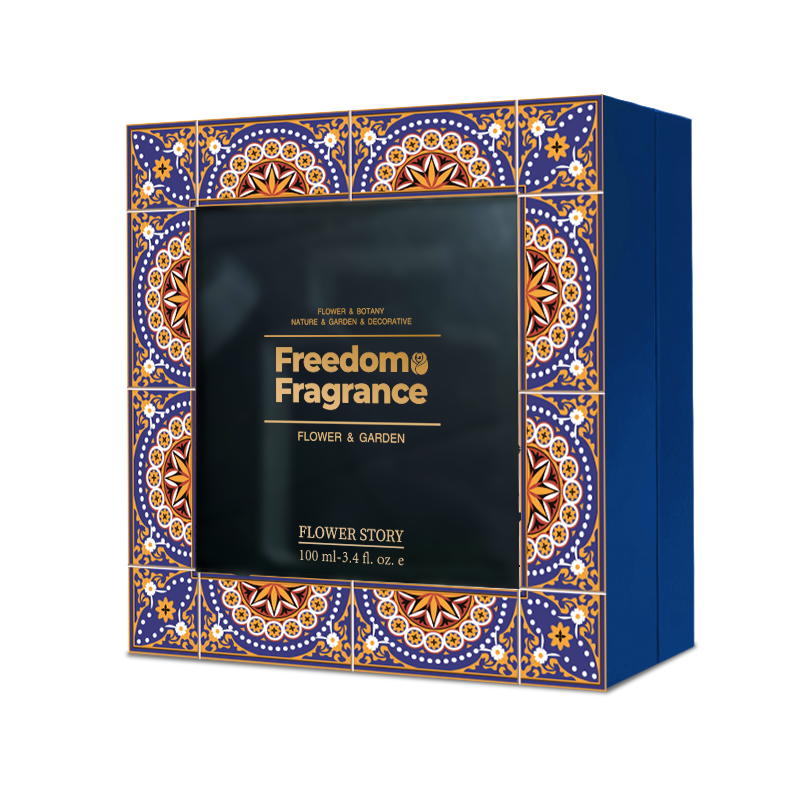
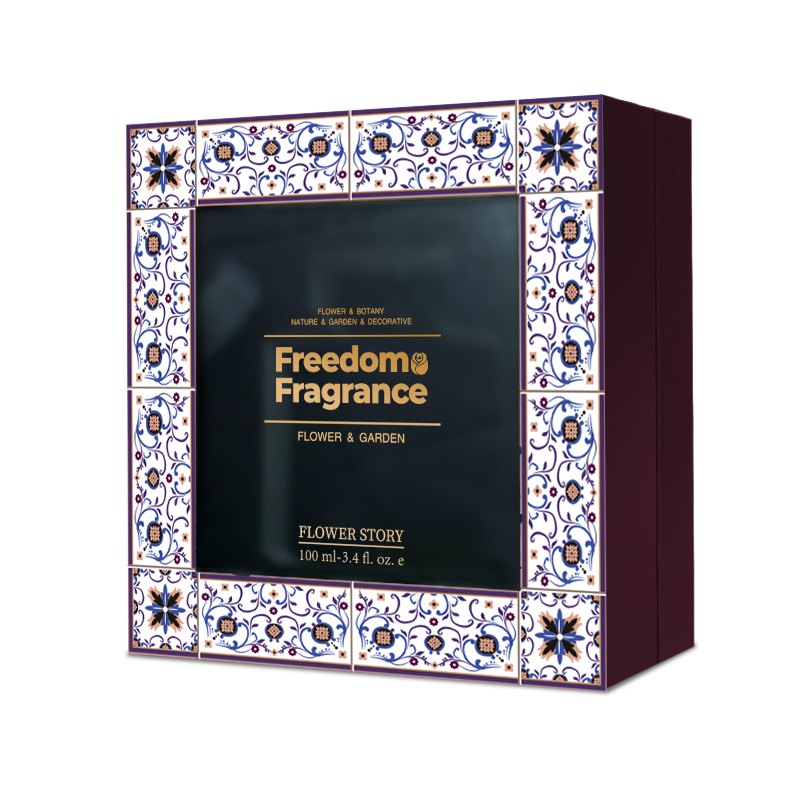
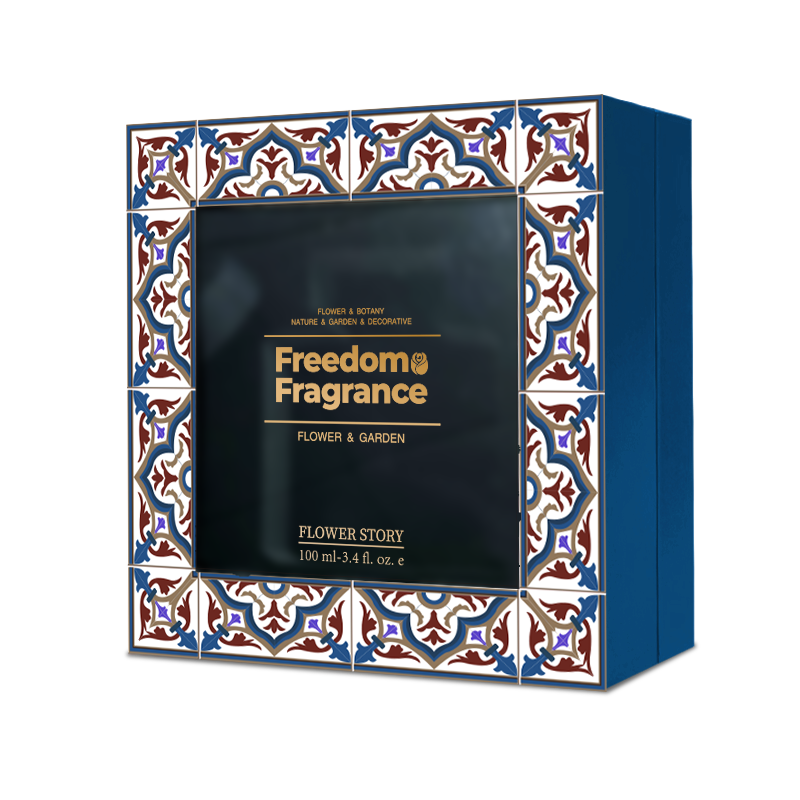

Production process of cartons
The production of cartons begins with the manufacture of pulp, which requires a lot of wood and water resources. When producing pulp, wood is broken up and mixed with chemicals to form pulp. Then, the pulp is washed, bleached, pressed and dried to finally become paperboard. The production process not only consumes resources, but also emits a certain amount of carbon dioxide.
In addition, the energy consumption of carton production cannot be ignored. Despite this, compared with plastic production, the environmental impact of carton production is still relatively mild, especially when recycled pulp is used.
Recycling and reuse of cartons
A significant environmental advantage of cartons is their high recycling rate. Cartons can be processed into new paper products through a dedicated recycling system. Recycling cartons not only reduces the demand for virgin wood, but also significantly reduces the energy and water resources required to produce new pulp.
According to statistics, about 70% of cartons can be effectively recycled and reused. The energy consumption of the recycling process is about 40% lower than that of producing new pulp, which is of great significance for reducing the overall environmental burden.
Ecological footprint of cartons
Although cartons have a high recycling rate, their production and transportation processes still have a certain impact on the environment. The production of cartons requires a large amount of wood, which may lead to a reduction in forest resources and a loss of biodiversity.
In addition, due to their large size during transportation, cartons may increase carbon emissions from transportation. To reduce these effects, many companies are adopting lightweight design and improving logistics management to reduce the overall ecological footprint of cartons.

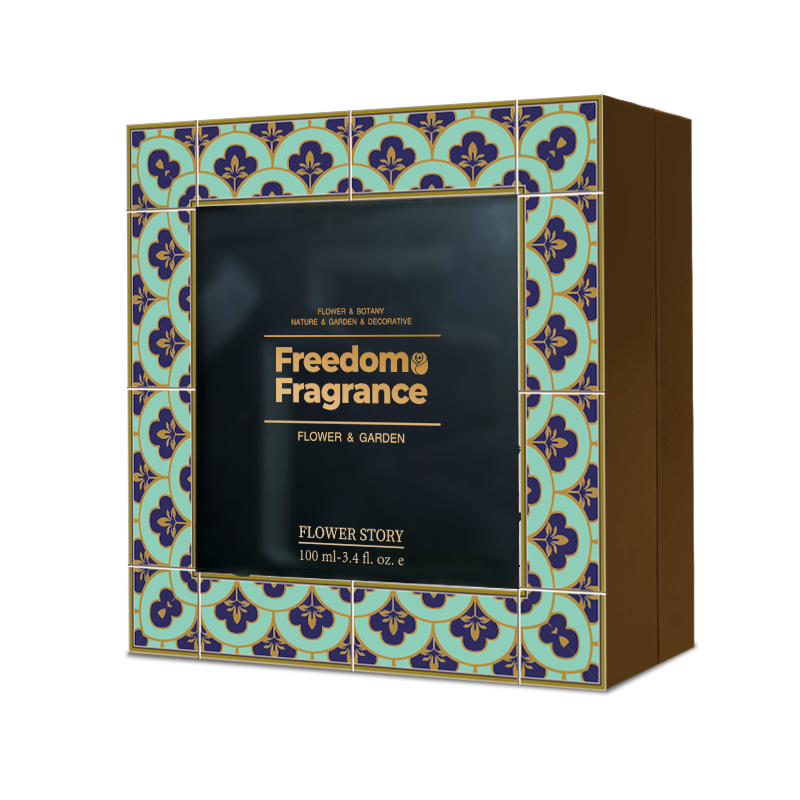
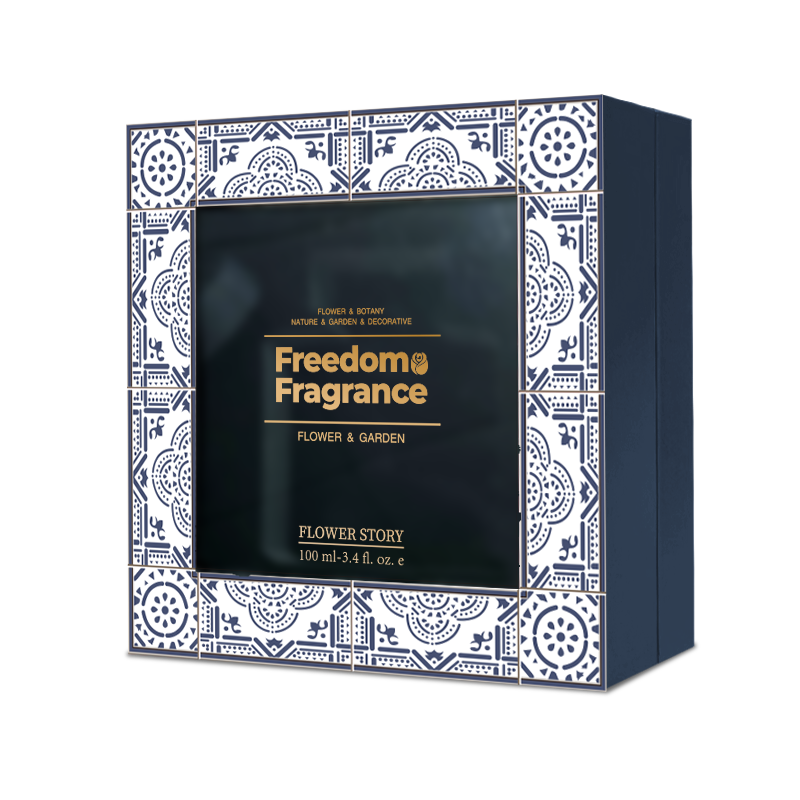
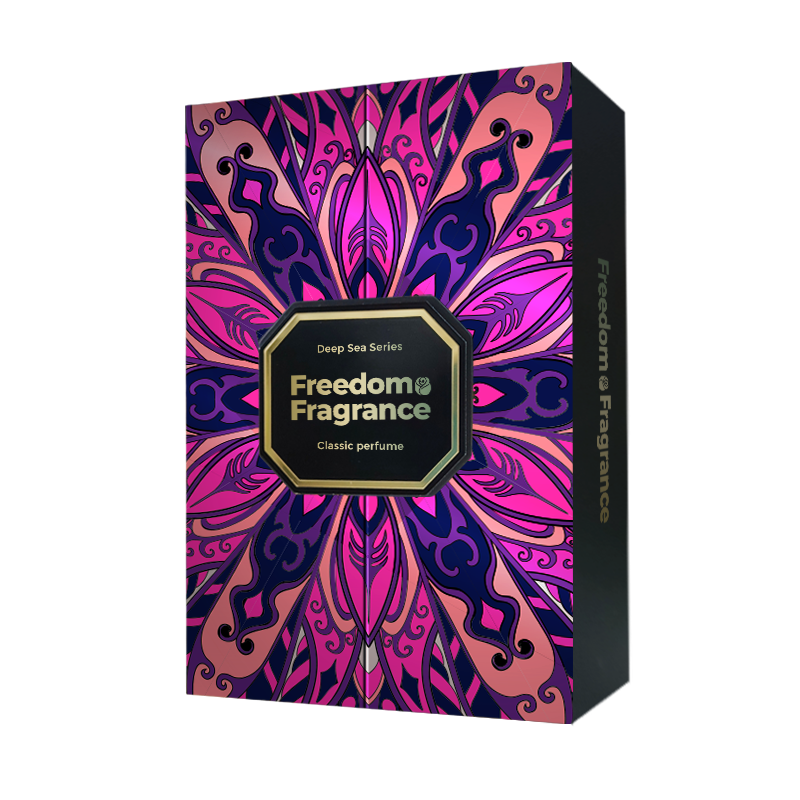
Environmentally friendly cartons
The keyword “environmentally friendly cartons” reflects the attention of consumers and companies to the environmental characteristics of cartons. Environmentally friendly cartons usually use renewable pulp, bleach-free or low-carbon production processes to reduce the impact on the environment.
Many companies consider environmental factors in packaging design, such as using bio-based materials or improving the recyclability of cartons. Companies may also increase consumer trust through environmental certification, such as obtaining FSC (Forest Stewardship Council) certification.
Recyclable cartons
“Recyclable cartons” emphasize the recycling ability of cartons and the improvement of recycling systems. The high recycling rate of cartons is a major environmental advantage, but the effectiveness of the recycling system depends on local infrastructure and consumer participation.
In some developed countries, the carton recycling system is relatively complete, but in some developing countries, the recycling infrastructure is still insufficient. By promoting technological progress and policy support, the coverage and efficiency of the recycling system are expected to be improved.
Biodegradable cartons
“Biodegradable cartons” focus on the degradation performance and ecological impact of cartons. Although traditional cartons have a certain degree of biodegradability in the natural environment, more new types of biodegradable cartons have appeared on the market.
These cartons can be degraded in a shorter time by adding biodegradable additives or using bio-based materials, reducing the long-term impact on the environment. This type of carton usually takes into account the degradability of the material in the packaging design to achieve a more environmentally friendly packaging solution.
Advantages of Sustainable Packaging
Sustainable packaging not only has a positive impact on the environment, but also brings many other advantages. Here are some of the main advantages:
1. Reduced Carbon Emissions
Sustainable packaging significantly reduces carbon emissions by optimizing production processes and material selection. For example, the carbon footprint of cartons produced using recycled pulp is significantly lower than that of cartons produced using virgin wood. In addition, overall carbon emissions can be further reduced by improving logistics and transportation management, such as reducing packaging volume and improving transportation efficiency.
2. Reduce Waste
Sustainable packaging materials can effectively reduce the generation of waste. Through recycling and reuse, cartons can be processed into new paper products, thereby reducing the demand for virgin materials. Biodegradable cartons can decompose faster in the natural environment, reducing the pressure on landfills and helping to ease the problem of waste disposal.
3. Save Resources
Using sustainable packaging materials helps save resources. Recycling cartons not only reduces the demand for new materials, but also reduces energy consumption in the production process. By adopting an efficient recycling and reuse system, companies and consumers can work together to maximize the use of resources. For example, some companies have further saved resources by optimizing the design of paper boxes and reducing the use of raw materials.
Case Study
Many companies have successfully implemented sustainable paper boxes. For example, Unilever has widely used environmentally friendly paper boxes in its product packaging. The company’s paper boxes use 100% recycled paper, and the process is optimized during the production process to reduce carbon emissions. In addition, Unilever has further improved the environmental protection effect by educating consumers and partners to promote the recycling and reuse of paper boxes.


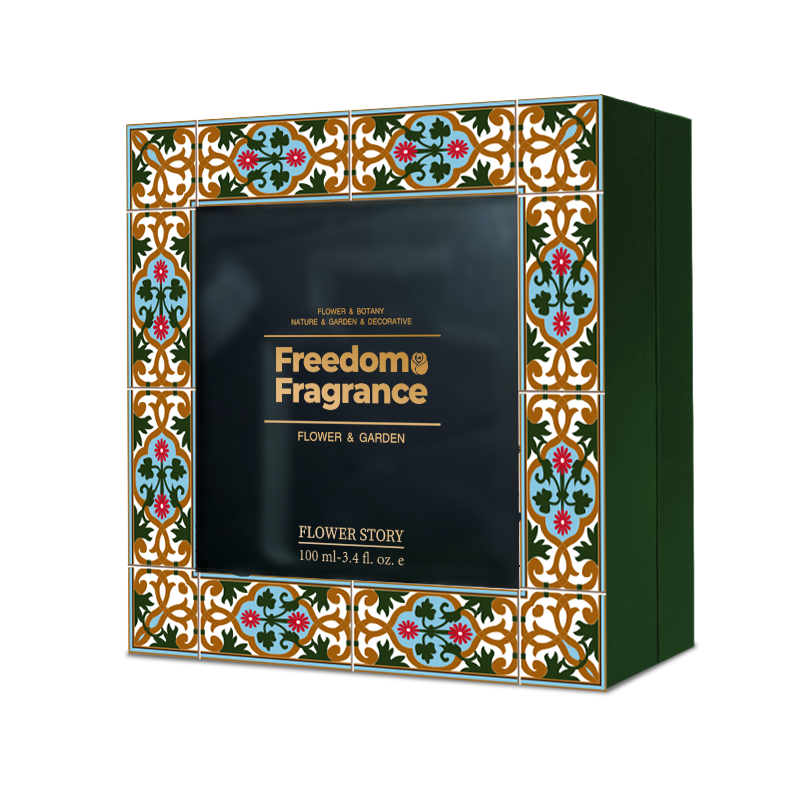

Challenges and Future Outlook
Despite the many advantages of sustainable packaging, there are still some challenges in practical applications. First of all, the high production cost is a major problem. The production cost of environmentally friendly cartons and biodegradable cartons is usually higher than that of traditional cartons, which may affect the cost control and market competitiveness of enterprises. Secondly, the recycling and disposal system of cartons is not yet perfect, especially in some developing countries, where the lack of recycling infrastructure leads to low recycling rates of cartons.
Future development trends
With the development of technology and the improvement of environmental awareness, the future prospects of sustainable packaging are very optimistic. In the future, we can expect more innovative materials and processes to be applied to carton production. For example, the application of nanotechnology may make cartons lighter and stronger, reduce material use and transportation carbon emissions.
In addition, the advancement of smart packaging technology can also help improve the functionality and environmental protection of cartons. Policy support and the growth of market demand will further promote the environmental performance of cartons and improve the coverage and efficiency of recycling and disposal systems.
Conclusion
In general, sustainable packaging, especially cartons, has significant advantages in environmental protection. Although there are some ecological footprints in the production and use of cartons, through recycling, reuse and recycling, the ecological footprint of cartons can be reduced.
